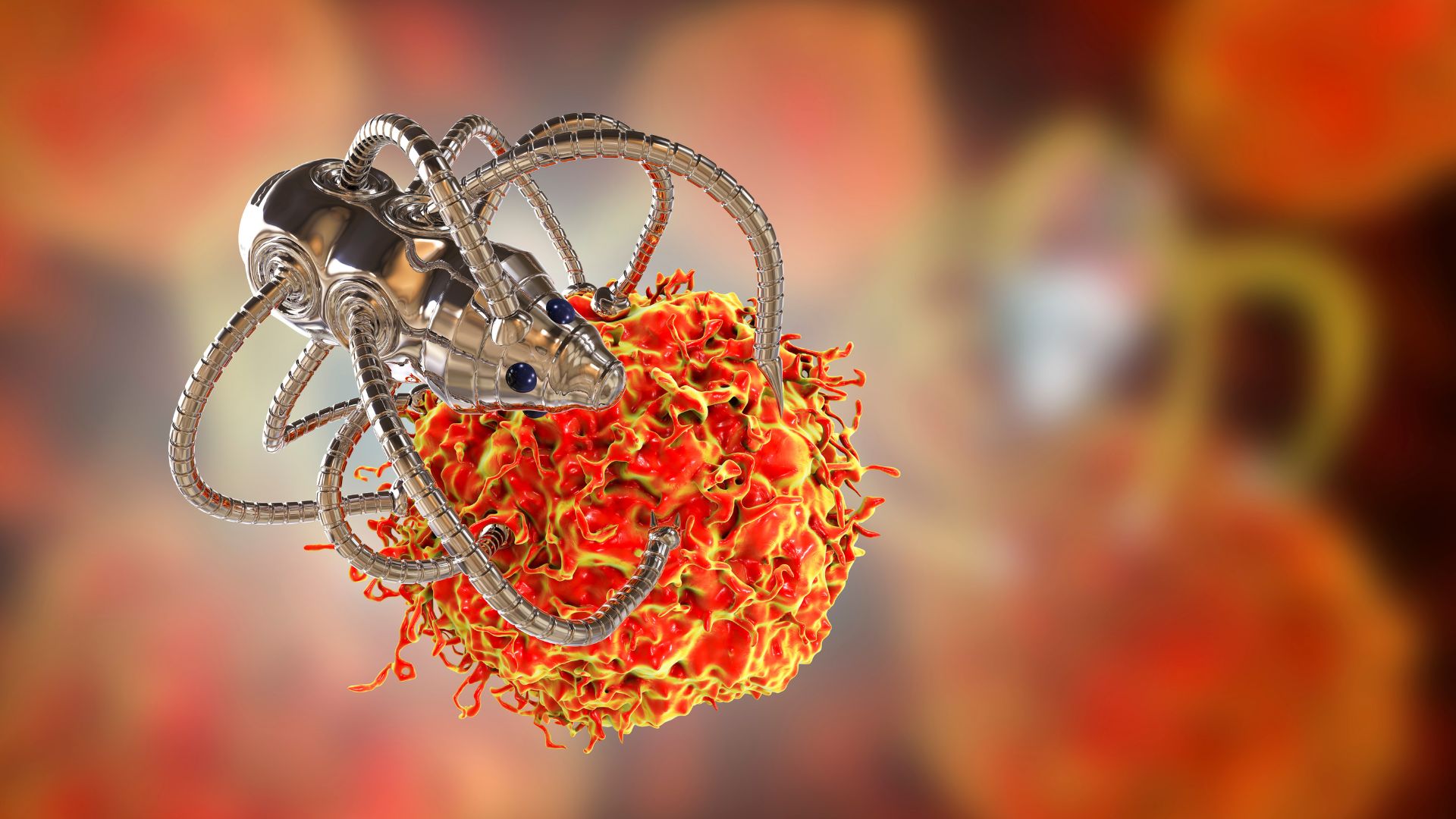
We are one step closer to having pig organ transplants, a new study shows.
Using the genetic cut-and-paste tool CRISPR, scientists have removed DNA-based viruses that usually infect pig organs, raising the chances that these animal organs could be safely transplanted into human patients one day, a process known as xenotransplantation.
Still, that doesn't mean pig organ transplants are just around the corner; scientists would still need to change other elements of pig transplants to ensure the human body doesn't reject them.
Currently, there is a dramatic shortage in the number of organ transplants available for people who need them, and many people die before they receive one. Animals such as pigs could theoretically supply an unlimited source of such organs. But immune incompatibilities and viruses that are incorporated into the pig genome, called porcine endogenous retroviruses (PERVs), have made it very likely that such pig organs would never take on their own. [11 Body Parts Grown in the Lab]
To get around those PERVs, scientists at eGenesis, a bioengineering company in Cambridge, Massachusetts, used CRISPR-Cas 9, a genetic tool that cuts the genome wherever it's targeted, to remove 62 PERVs in pig cells in culture. The team then injected these cells into pig egg cells and generated baby pigs. They then used genetic testing to show that the pigs did not contain any trace of these PERVs.
"Although we have focused in this paper on the applications to xenotransplantation, we envision, more generally, that the synergistic combination of CRISPR-Cas technology with anti-apoptosis treatment may also be used to enable large-scale genome engineering in primary cells for a broad range of applications," the researchers wrote in the study, which was published yesterday (Aug. 10) in the journal Science.
Originally published on Live Science.
Get the world’s most fascinating discoveries delivered straight to your inbox.

Tia is the editor-in-chief (premium) and was formerly managing editor and senior writer for Live Science. Her work has appeared in Scientific American, Wired.com, Science News and other outlets. She holds a master's degree in bioengineering from the University of Washington, a graduate certificate in science writing from UC Santa Cruz and a bachelor's degree in mechanical engineering from the University of Texas at Austin. Tia was part of a team at the Milwaukee Journal Sentinel that published the Empty Cradles series on preterm births, which won multiple awards, including the 2012 Casey Medal for Meritorious Journalism.


